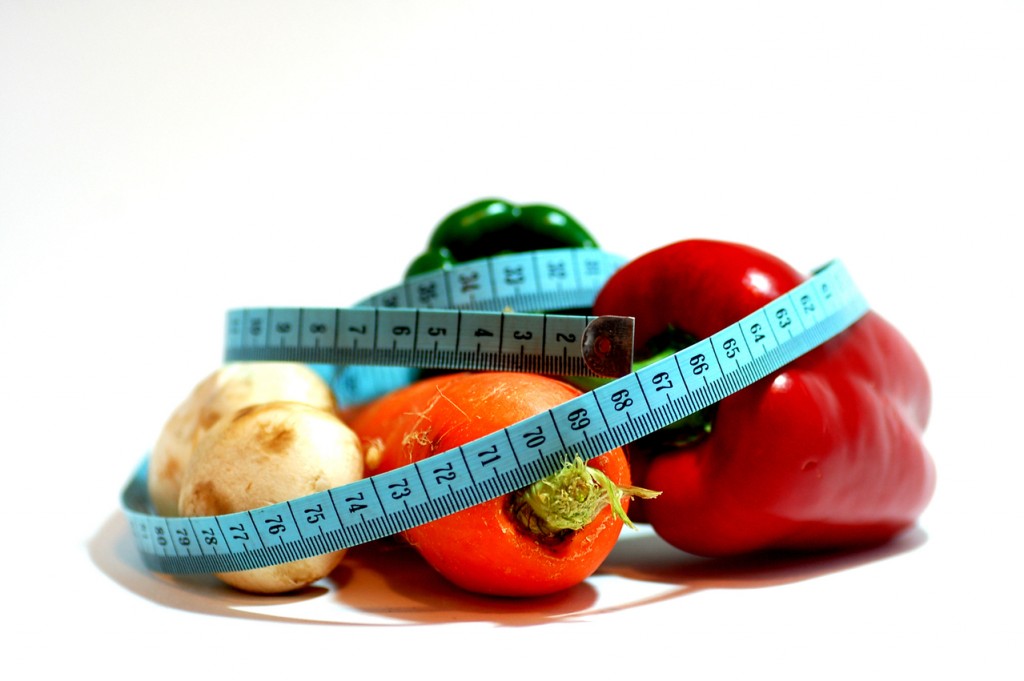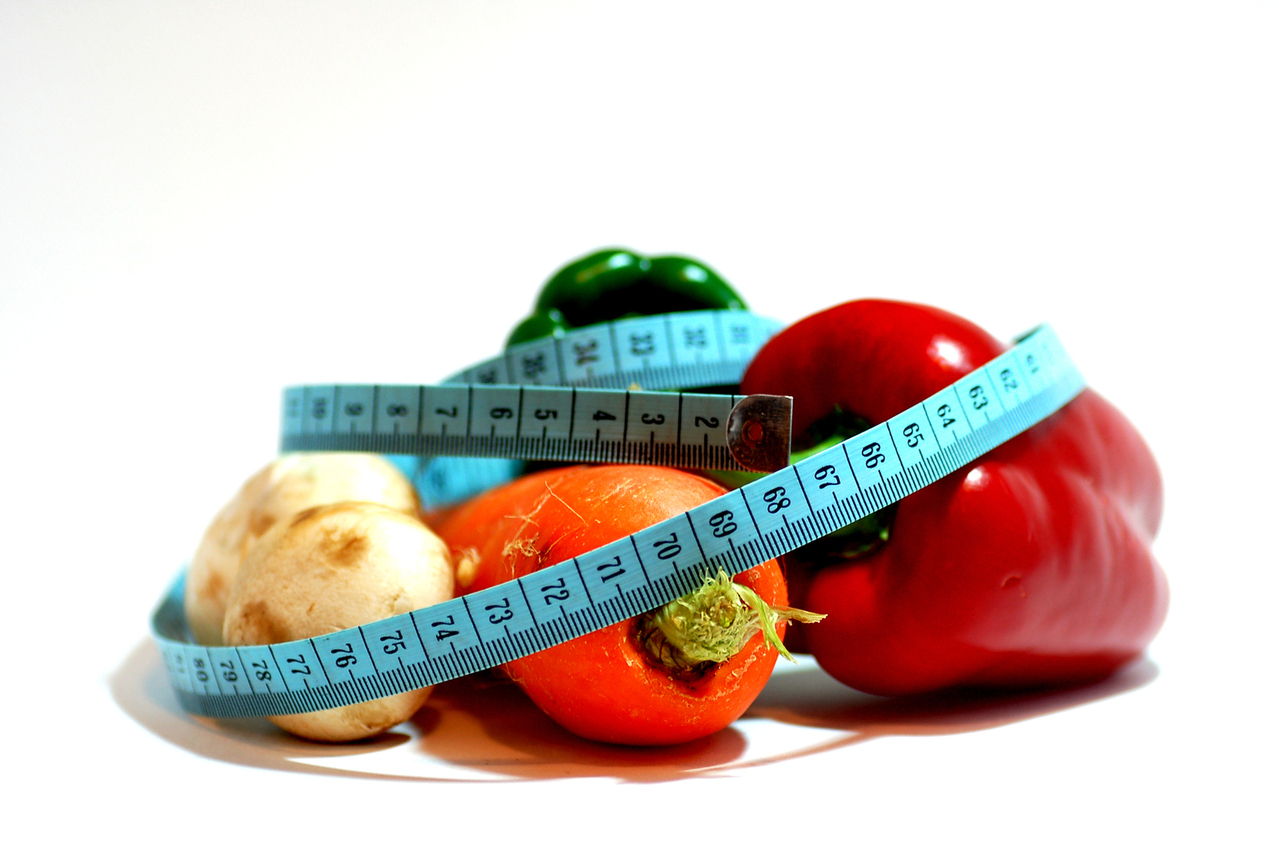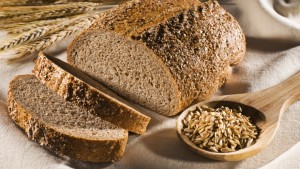I have been involved in the health industry for four decades and in clinical practice for three decades, and have seen every possible variation of supposedly health-promoting diet come and go. Macrobiotic, raw food, fat free, vegan, and high protein diets have been touted as diets for preventing or healing from cancer, most of them offering up a confusing array of contradictory advice. The most recent diet to appear on the scene is the ketogenic (keto) diet, a high fat and low protein regime virtually devoid of carbohydrates. I would like to share my opinion on why I am not in favor of the ketogenic diet in general and the very rare and specific circumstances in which it could possibly have benefit with short-term use in people with brain cancer.

A keto diet is high fats, moderate in protein, and extremely low in all carbohydrates (both good and bad). By restricting all (including healthy) carbohydrate consumption to a mere 20-50g per day the keto diet aims to starve the cell of body (including the brain) of glucose. When glucose stores are depleted due to starvation or extremely low carbohydrate consumption, the body goes into ketosis (this is where the name keto diet comes from). In ketosis, the liver breaks fat (and secondary protein) down into ketone bodies as a secondary fuel source for the brain. While this diet, by inducing fat breakdown via ketosis can produce impressive weight loss, this “quick fix” can also come at a cost. Continue reading “Health Considerations and Consequences of the Ketogenic Diet”







